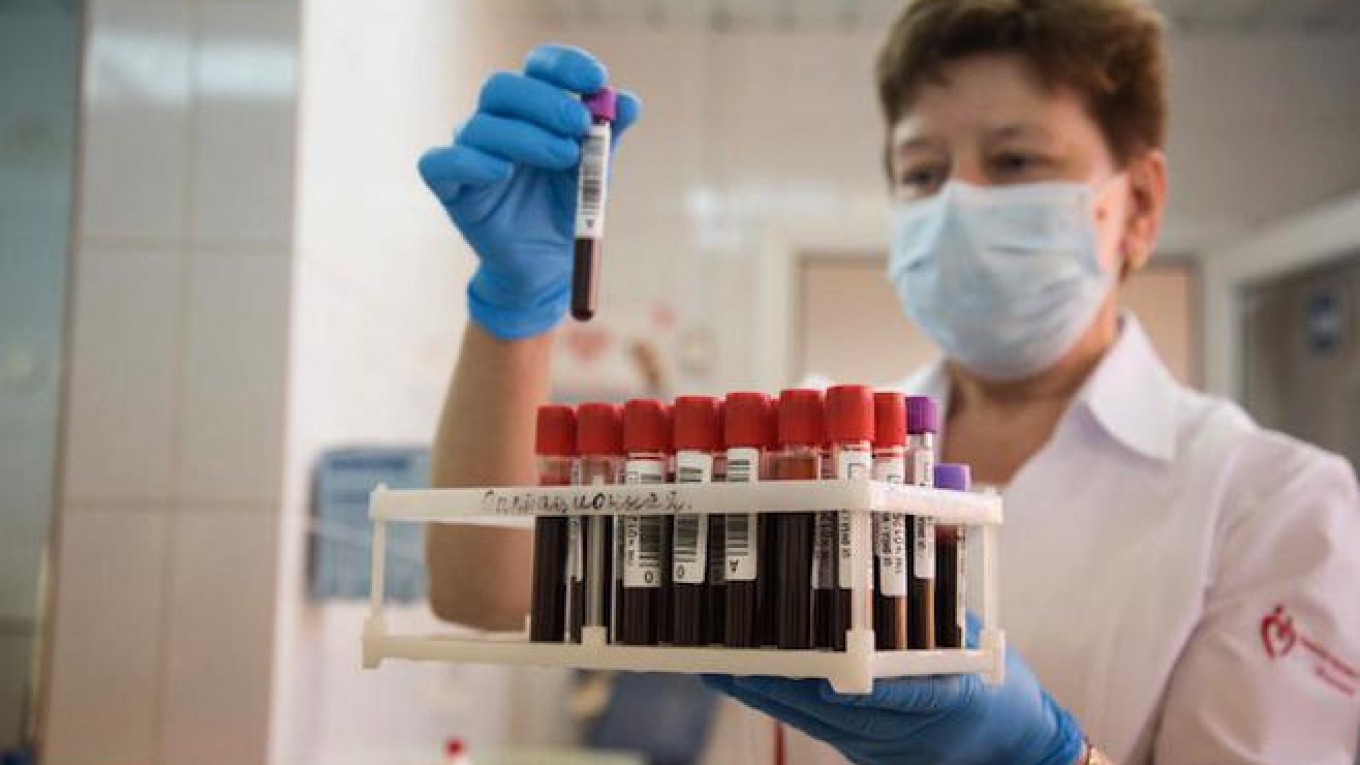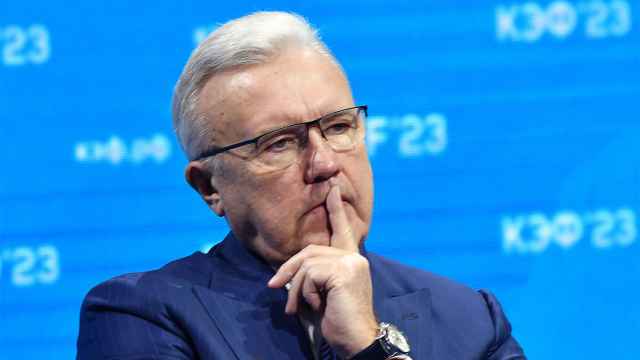The Siberian cities of Kemerovo, Novosibirsk and Irkutsk have the highest rates of HIV in Russia, according to the chief of Russia’s consumer rights watchdog Rospotrebnadzor.
Anna Popova, Rospotrebnadzor head, said these regions also faced high-levels of drug use.
“There are two epidemics in Russia – drug addiction and HIV infections, and geographically they coincide,” the Rospotrebnadzor head said at a youth forum on July 23.
In September 2016, 854,187 Russians registered as living with HIV. The country's growing HIV rate differs from much of the developed world, where the number of new cases is falling. In 2015, Russian health authorities registered 95,475 new HIV cases, and another 75,962 during the first nine months of 2016.
Alexander Semyonov, head of the immunology and virology lab at the St. Petersburg Pasteur Institute said this March that the disease was increasingly being spread via sexual contact.
“Several years ago the average HIV patient was a drug user consuming two or three doses of heroin every day," Semyonov told reporters. "These days it’s entrepreneurs, workers, housewives, students — ordinary people.”
Attempts to combat the virus in Russia have been encumbered by a lack of funding. The Finance Ministry in January this year abandoned a proposal to allocate a four-year rollout of 70 billion rubles ($1.2 billion) to fight the country’s HIV epidemic.
The former head of the Russian Federal Drug Control Service said in 2015 that, “Attempts to impose [HIV relief] legalization in Russia are not associated with therapeutic objectives… [but rather] with the political ambitions of the global drug lobby and the economic interests of pharmaceutical companies.”
A Message from The Moscow Times:
Dear readers,
We are facing unprecedented challenges. Russia's Prosecutor General's Office has designated The Moscow Times as an "undesirable" organization, criminalizing our work and putting our staff at risk of prosecution. This follows our earlier unjust labeling as a "foreign agent."
These actions are direct attempts to silence independent journalism in Russia. The authorities claim our work "discredits the decisions of the Russian leadership." We see things differently: we strive to provide accurate, unbiased reporting on Russia.
We, the journalists of The Moscow Times, refuse to be silenced. But to continue our work, we need your help.
Your support, no matter how small, makes a world of difference. If you can, please support us monthly starting from just $2. It's quick to set up, and every contribution makes a significant impact.
By supporting The Moscow Times, you're defending open, independent journalism in the face of repression. Thank you for standing with us.
Remind me later.






